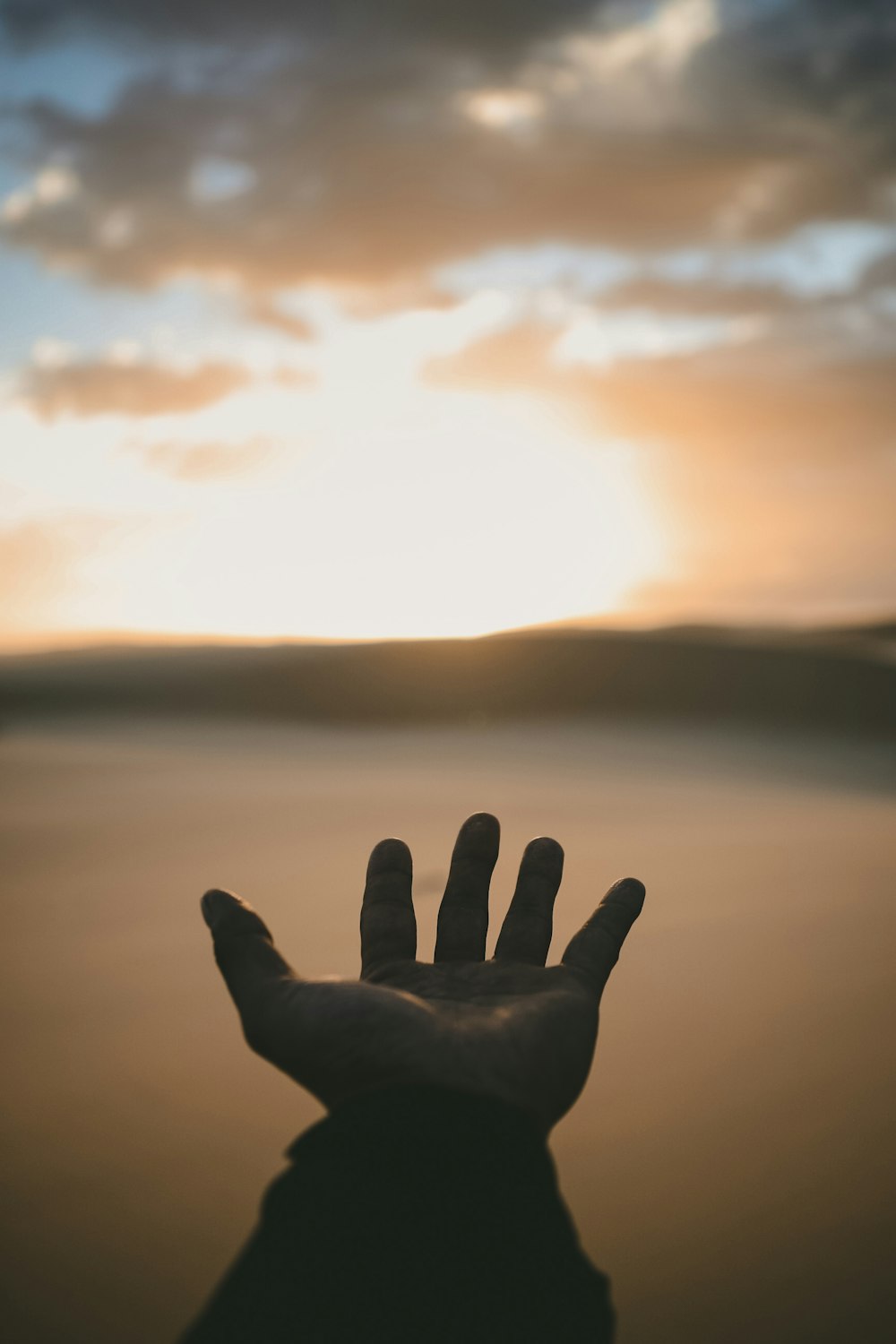Living Life with Open Hands
...and following the natural flows of life.
When I dropped out of college to heal the sick, serve the homeless, and dive deep into my faith, I truly believed that it was going to be my life’s work.
I had spent the previous 2 years looking for something that would give me a reason for being, something that mattered to me, something I could throw my whole being behind, something I could wake up excited about everyday.
I thought I had found It.
My life purpose.
The Answer.
What I was “supposed” to do with my life.
I felt like I had answered my life’s biggest question.
I felt like I had “arrived.”
You can imagine how attached I was to that answer.
You can imagine how it did not occur to me that *I might have been wrong* about that conclusion.
I mean… how could I be wrong about something that felt like the deepest alignment and resonance I’ve ever felt?
How could that feeling mean something other than what I arrived at?
Welp.
I was wrong.
Or rather, that feeling dissipated eventually.
The shine wore off.
Reality set in.
The honeymoon was over.
My friends and I got tired of giving our entire beings to help people while struggling to pay our bills for 2 years straight.
I became disenchanted.
The thing that I thought was the apex of my life had morphed into a dirty secret I wanted to escape.
Something I had built a large part of my identity on was no longer something I wanted.
So what did that mean for who I “was"?
Does that mean… I no longer wanted to be myself?
What also made it hard was that there were many people who were attached to me continuing to be that person… I was also good at being that person!
But it was no longer internally aligned.
Classic life dilemma.
I wrestled for a good 6 months before figuring out how to “let go” of that version of myself.
It was harder than I would have liked — to walk away from something I used to believe was The Answer.
But this dynamic is actually just a recurring pattern that takes countless forms and iterations.
We find something deeply aligned and resonate with and want to hold on it… forever.
That job, that friendship, that significant other, that living arrangement, that community, that relational dynamic — it could be anything.
If we find something that’s the closest to the perfect we’ve fantasized about, we often feel scarce about it. Because… how often does that happen?
“I don’t know if I’ll find something like this ever again.”
It’s so natural to tighten our grip in hopes that it never slips through our fingers.
I’ve been marinating on the idea and "life posture” of “open hands” for the last few weeks — it was prompted because I lost something that felt like a version of perfect and was processing through the ensuing grief.
This is what I’m looking to embrace:
No matter how perfect something looks, feels, or sounds when it comes into my life, can I keep my hands open?
Meaning, can I appreciate it, enjoy it, but also not feel the fierce need to hold on to it forever?
To not control it (can we, really, anyway?)
To not fear it leaving or changing (fearing the inevitable seems like a fool’s errand)
To embrace that the honeymoon may (and likely) will end.
To embrace that I might not encounter the exact thing again.
Otherwise, history will simply repeat itself.
I’ll eventually have to deal with the disappointment that what I thought was “The Answer” is no longer the answer.
And what I was so fiercely holding on to inevitably disintegrates and slips through my grip like sand.
And I can either keep my hands frozen in the same grasping position, trying to relive the memory of how perfect it was and hope that if I imagine hard enough, things just might go back to the way it was...
Or.
I keep my hands open, allowing the next thing to arrive in its own time and be pleasantly surprised that it’s more perfect than I could have imagined.
And from there, the cycle repeats itself.
Do I fiercely hold on to this next thing?
Or keep my hands open?


As someone who has committed to living life by this principle as well, I see you 👁️.
I strongly believe this is part of the paradigm shift the world needs to adapt to in order to go from barely surviving, to thriving. The old way of relating to things, without reverence for the cycles of life AND death, is outdated.